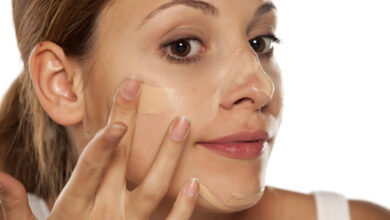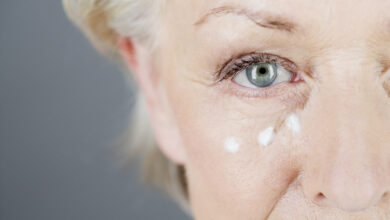Particularly in the skincare industry, fresh-faced youth is often used as the benchmark for beauty. With recent calls to diversify representations of beauty to include more skin tones, body types and ages, consumers have made one thing clear: it’s time to flip the script.
Beauty standards are shifting. The language surrounding age and beauty is evolving. Many women are, understandably, sick of being told to fight against the natural passage of time, which is why even widespread terms like “anti-aging” are going out of style.
I mean, let’s be real: we’re not going to war with our faces. We’re not trying to FIGHT wrinkles or BANISH freckles or EVISCERATE the natural onset of sun spots. We just want products that address our needs at different stages of our lives.
As skincare companies adopt new beauty terms to stake their claim in this changing market, they need to walk the walk as much as they talk the talk. That means listening to their customers and making meaningful changes to their approach.
So, what do women really expect from their skincare products — and what products actually deliver on those expectations? Let’s take a look.






